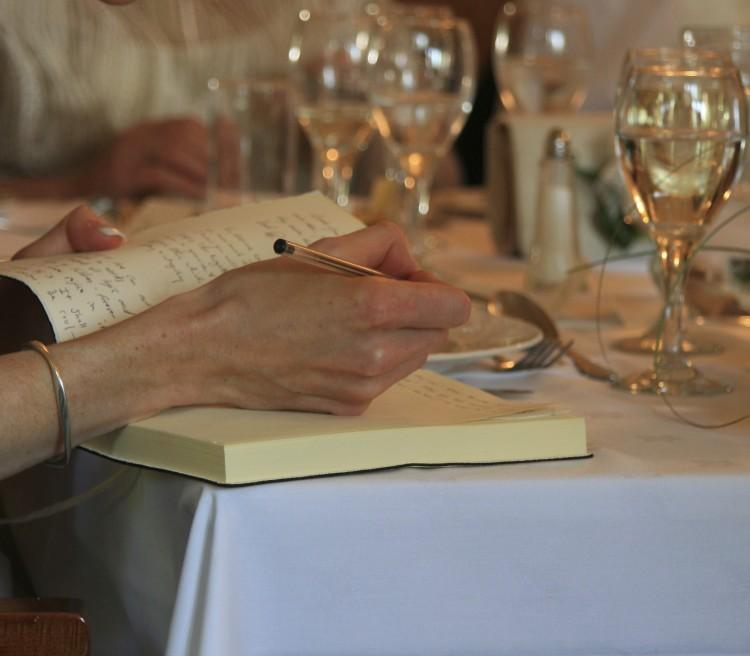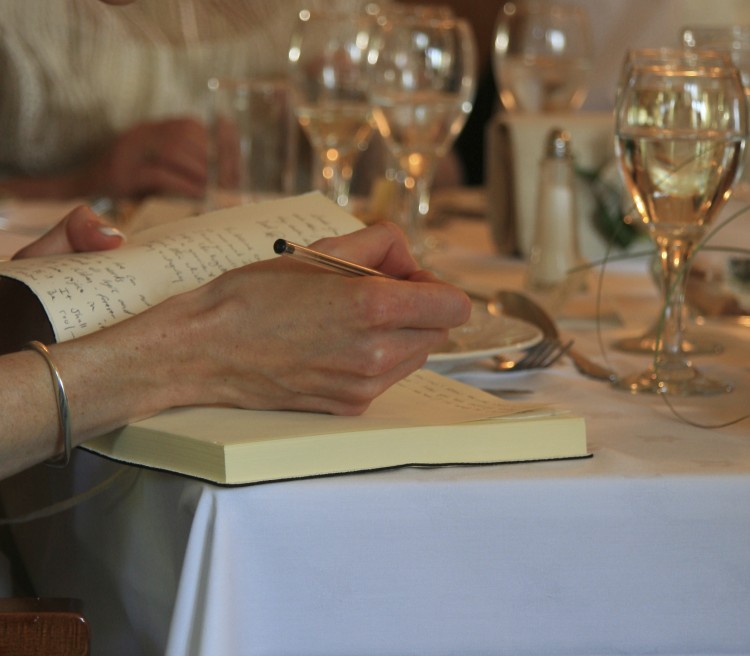I’ve always loved poetry, but in recent years it helped me in a way I never would have imagined. Every now and again I'd come across a poem that struck me and would even transcribe special favourites into a little book kept especially for the purpose. But being a modern mother juggling work, life, and family responsibilities, I was kept very busy with this important task for many years and had little time for verse.
Then one day when my eldest daughter told me “Mum, I’m getting married”, I felt rather as though I'd been hit by a train. I thought, “Hang on, how can you be getting married? You are my still my little girl.” Then I looked again and realised she wasn’t – suddenly she was a young woman.
It had all happened so fast. Being the eldest she was the first to race through babyhood, go to school, do her A levels, discover music and literature, and go to university. I'd been so engrossed in the practicalities of actually looking after her and the others that when she made her announcement, I quickly realised I was going to have to come to terms with her growing up - and fast.
All at once we were shopping for a dress and, trying on yet another veritable meringue of a gown in a wedding shop, she said, “Mum I look like a child dressing up in her mother’s clothes.” I couldn’t help but agree. So I replied, “Ok, let’s get out of here and think again.” We went for a coffee, thought it through, and decided we needed to find something she felt more like herself in.
Fortunately at that time Monsoon were doing a great wedding collection in traditional silks and soft ivory colours, but with a comfortable, Grecian or bohemian twist for the younger bride. She‘d always looked young for her age and is still ID’d even now at 28, so we knew we were on to a winner.
Preparations advanced relentlessly but I still hadn’t figured out quite how to arrange my emotions on this. Little did I know that poetry was going to help me do just that.
Memories of her little girl years came flashing back but hardly found the space to be contemplated properly among the hullabaloo. I recalled how, when she was tiny she had a striking, oriental look that even people we met in the street used to remark upon.








